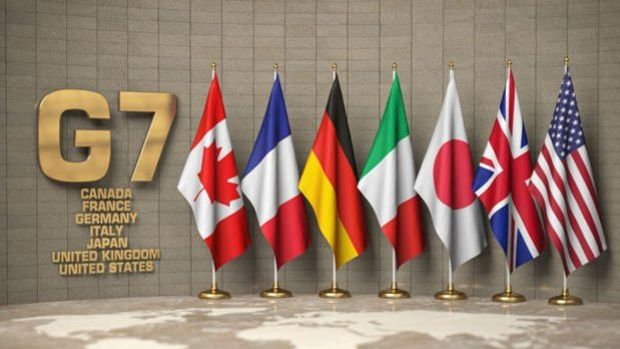G7's message to protect macroeconomic and financial stability
The G7 finance ministers committed to maintaining macroeconomic and financial stability and increasing supply chain diversity. The finance ministers and central bank governors of the G7 countries, which consist of the USA, Germany, England, Canada, France, Italy, and Japan, made a joint statement following their meeting in Washington, D.C. It was noted in the statement that the latest global economic and financial sector developments were discussed at the meeting, and that the determination to maintain macroeconomic and financial stability was reiterated. “We will be ready to take appropriate steps to preserve the stability of the global financial system.” The statement noted that global economic growth had proven to be more resilient than expected, conveying that inflation remained high and that central banks remained strongly committed to ensuring price stability. The statement stated that recent developments in the financial sector showed the uncertainty regarding the global economic outlook and the need to be vigilant, and emphasized that the resilience of the financial system, supported by the rapid responses of the relevant authorities and the regulatory reforms implemented after the global financial crisis of 2008, reaffirmed. The statement said, “We will continue to closely monitor developments in the financial sector and stand ready to take appropriate steps to preserve the stability and resilience of the global financial system.” Emphasis on increasing supply chain resilience The statement reiterated the support for Ukraine and the condemnation of Russia’s war, while emphasizing the determination to implement sanctions and other economic measures against Russia. The statement stated that increasing supply chain resilience would help maintain macroeconomic stability and make economies more sustainable globally, and that a commitment was made to empower low- and middle-income countries to play larger roles in supply chains. It was noted in the statement that work would be done to address debt vulnerabilities, strengthen the global health architecture, and combat climate change, and that work would also be done with G20 members and international partners on the reform of multilateral development banks.


